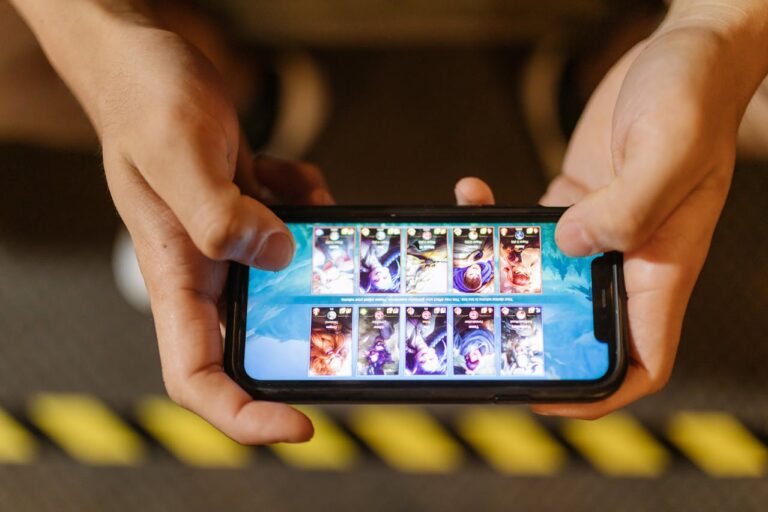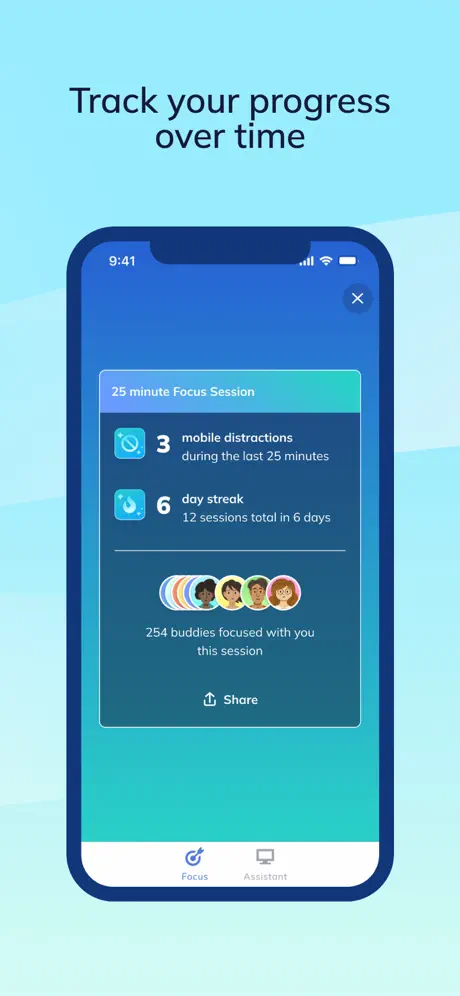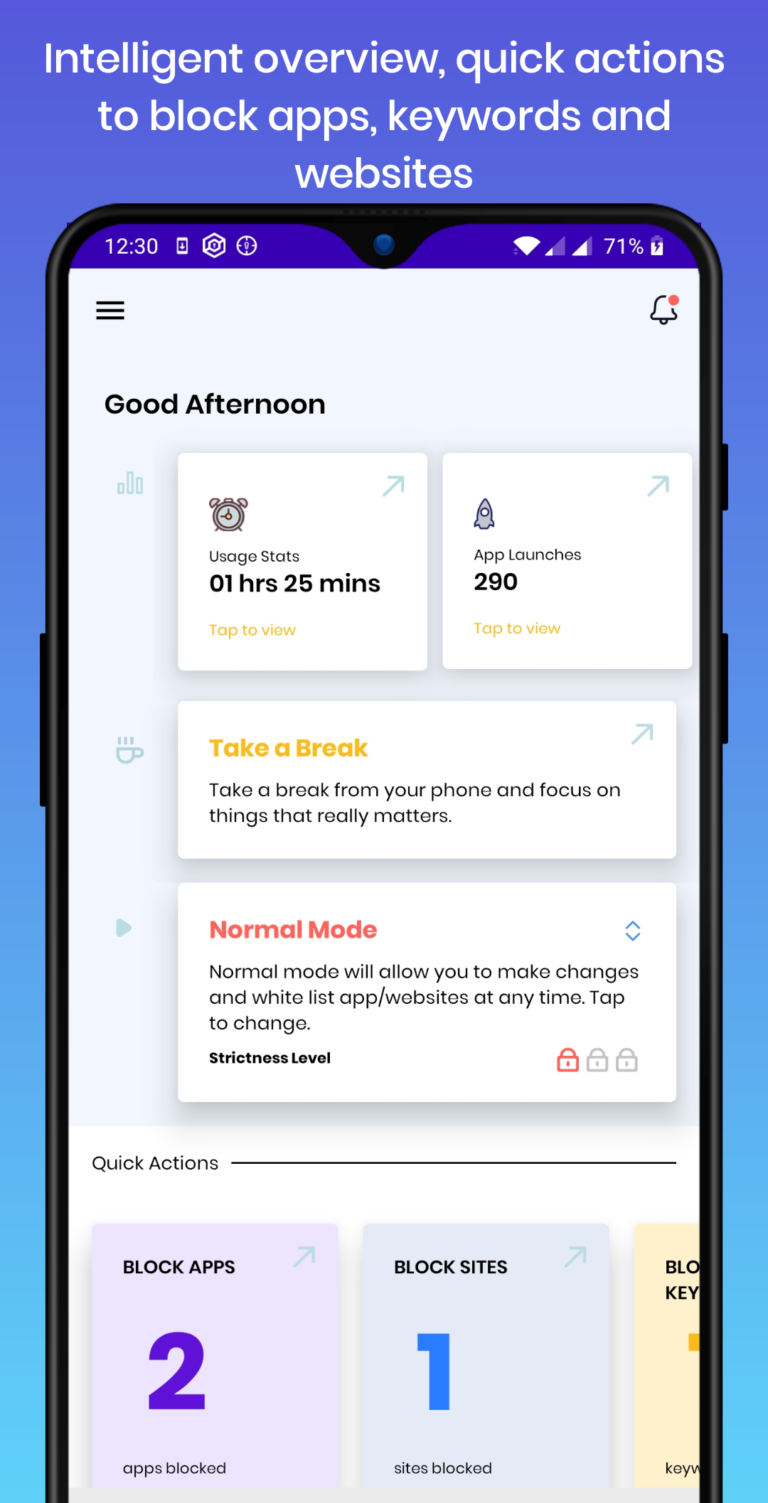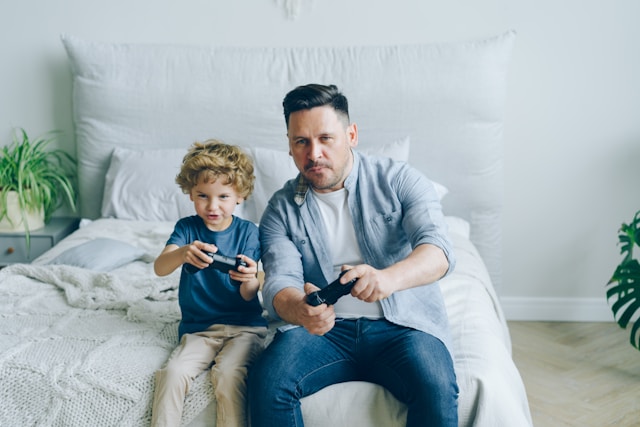
Online gaming has transformed from a casual pastime into a significant part of modern life. While it brings entertainment and a sense of community, for many, it can quickly spiral into an addiction. If you’ve noticed that your gaming habits are taking over, you’re not alone. Signs of video game addiction include losing track of time, neglecting responsibilities, and even damaging relationships. Gaming addiction is a growing problem, and taking steps to regain control is crucial for your well-being. In this guide, we’ll explore actionable steps to help you on how to stop addiction to online games and find a healthier balance.

To stop an addiction, you must first understand it. Take a moment to assess your behavior. Are you experiencing online gaming addiction symptoms such as spending excessive time playing or feeling anxious when you’re not gaming? Do you neglect work, school, or personal relationships because of gaming? If your answer is yes, you might be dealing with more than just a bad habit.
Addiction can lead to psychological effects of gaming addiction, including increased stress, anxiety, or even depression. Effects of online games on mental health are well-documented, with studies showing how excessive gaming can disrupt sleep patterns and emotional regulation. Acknowledging the severity of your problem is a critical first step toward change.
Once you recognize that gaming is an issue, it’s time to dig deeper. Why do you play so much? Is it a way to cope with stress, boredom, or loneliness? Many games are designed to trigger emotional rewards, making it difficult to stop. Understanding these psychological effects of gaming addiction will help you break the cycle.
Identifying what triggers your urge to play is essential. Is it an escape from real-life stress, or is it purely for entertainment? If you’re using games to avoid problems, try healthy alternatives to online games, such as exercise, reading, or picking up a new hobby. By addressing the root cause, you’ll reduce your gaming time significantly.
Now that you’ve acknowledged the issue, the next step is managing your time. Learning how to manage screen time effectively can be a game-changer. Start by reducing your gaming hours with tools like RescueTime or StayFocusd, which track your usage and set limits.
Creating a structured daily routine is essential. By scheduling time for work, exercise, and other productive activities, you can learn how to balance gaming and real life. Break up your day with non-gaming tasks, and make sure to stick to your plan. Over time, this will help you avoid gaming temptations.


Limiting access to games is one of the most effective strategies. Start by uninstalling the games you’re addicted to or restricting your access. If you’re unsure how, you can use parental control for gaming to set limits on your devices—even as an adult.
There are also apps like Cold Turkey or Freedom that block gaming websites or platforms at specific times. If you want a more extreme approach, some people try to quit online games cold turkey by removing all games and gaming platforms from their lives. This method works best if you’ve already set up alternative activities to replace your gaming habit.
Once you’ve limited your gaming, the next step is finding healthy alternatives to online games that provide the same sense of satisfaction. Many gamers enjoy the sense of accomplishment and engagement from gaming, so it’s important to find hobbies that offer similar rewards. Physical exercise, such as running or team sports, is an excellent way to channel energy and improve both mental and physical health.
If you miss the social aspect of gaming, look for offline group activities. Joining a local sports league or a book club can provide the same sense of community without the drawbacks of excessive screen time. Exploring these options will help you break a gaming habit more effectively.
Don’t underestimate the power of support. Discuss your gaming addiction with family or friends, and ask them to hold you accountable. They can help you manage your time, encourage you to stick to your plan, and provide emotional support when needed.
In some cases, professional help might be necessary. Therapy for gaming addiction, especially Cognitive Behavioral Therapy (CBT), is known to be effective in changing addictive behaviors. If you find it hard to control your gaming despite your efforts, consider seeking help from a therapist. Gaming addiction treatment options also include support groups where you can connect with others who are on a similar journey.
Overcoming gaming addiction isn’t just about reducing your screen time; it’s about maintaining progress. Long-term success requires a commitment to changing your lifestyle. One approach is to schedule regular digital detox for gamers where you disconnect from games entirely for a few days or weeks. This can help reset your habits and provide perspective on your relationship with gaming.
You should also be mindful of the impact of gaming on relationships. Over time, excessive gaming can strain personal connections. Rebuilding these relationships and focusing on real-life interactions will help you stay grounded and reduce the desire to game. Lastly, regularly evaluate your progress and set new goals to keep yourself motivated.
Breaking free from online gaming addiction is challenging, but it’s entirely possible with the right strategies. By recognizing the signs, understanding the triggers, setting boundaries, and seeking support, you can regain control. Don’t be afraid to try a digital detox for gamers, limit your screen time, or seek professional help if necessary. The journey to recovery starts with that first step, and soon you’ll find that there’s much more to life beyond the screen.


